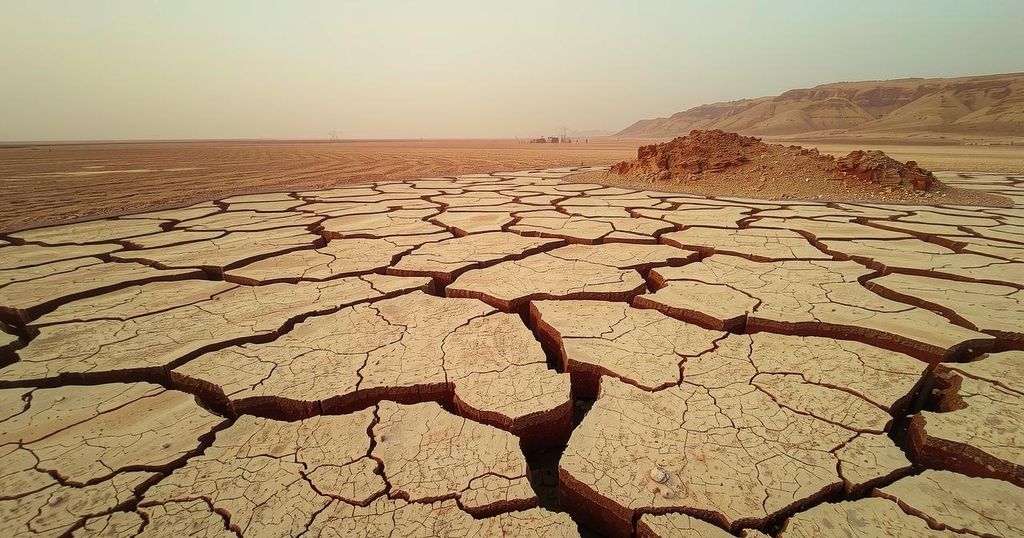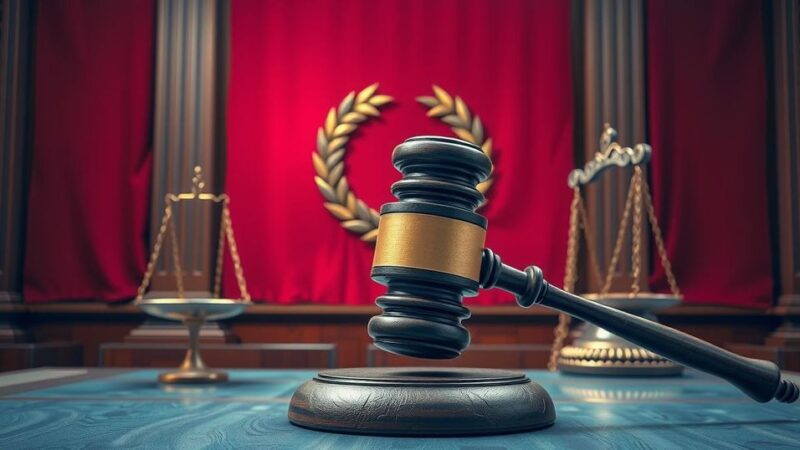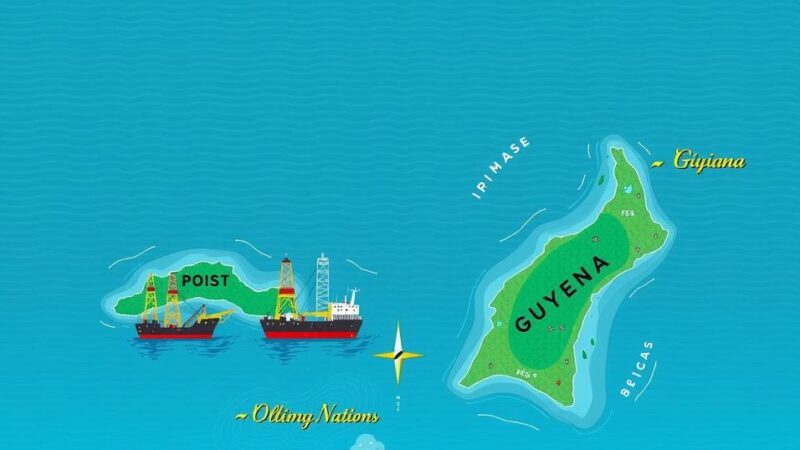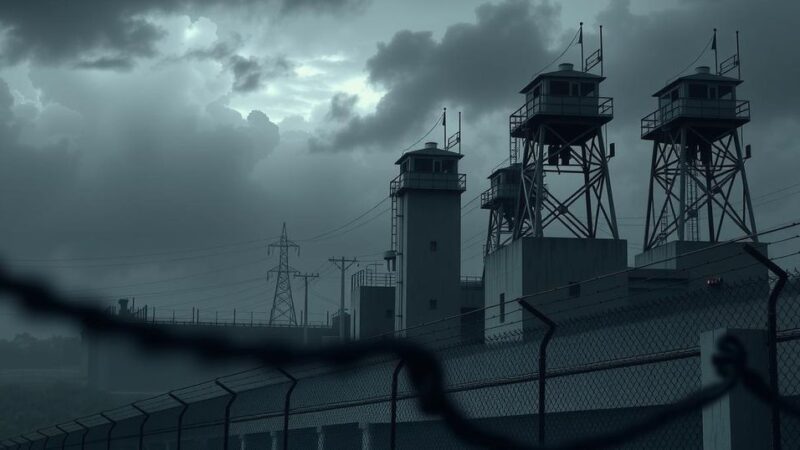On July 26, 2023, Niger’s president Mohamed Bazoum was overthrown in a military coup led by the CNSP. The regime has since engaged in severe repression, including arbitrary detentions, suppression of the media, and attacks on civil society. An amended cybercrime law criminalizes dissent and amplifies self-censorship. Amnesty International calls for urgent reforms and the release of detainees, highlighting the need for human rights to be prioritized amid political turmoil in Niger.
On July 26, 2023, Niger’s elected president, Mohamed Bazoum, was ousted in a military coup led by the National Council for the Safeguard of the Homeland (CNSP). The military justified its actions by citing issues of security and economic mismanagement. However, the aftermath has seen severe human rights violations, with the regime swiftly asserting control and repressing any dissent, limiting civil liberties, and targeting opposition voices.
In the wake of the coup, political figures, including Bazoum and his family, were placed under house arrest, deprived of medical care and legal support. Despite a ruling by the ECOWAS court for their release, Bazoum remains detained, stripped of his presidential immunity. Arbitrary arrests have targeted several opposition leaders and government officials, who have been denied fair trials and subjected to harsh prison conditions, further instilling fear and suppressing political dissent.
The press has faced significant repression, with key international media outlets suspended. Journalists report threats and intimidation, with some detained in undisclosed locations following criticism of the regime. Social media platforms are heavily monitored, leading to arrests for posting dissenting content. The suspension of the Press House, which represents numerous media organizations, compounds the chilling effect on press freedoms in Niger.
Human rights defenders and activists are also under siege, with many organizations advocating democracy and transparency being labelled as unpatriotic or a threat to national security. Notable activists, Hadiza and Samira Sabou, were detained for social media posts. The authorities have aggressively suppressed protests and peaceful assembly, leaving civil society organizations vulnerable and causing some activists to flee the country.
In June 2024, the amendment of the cybercrime law exacerbated the already dire situation, criminalizing online criticism and imposing hefty penalties. This law was weaponized against journalists and civil society members, leading to pervasive self-censorship among citizens wary of government retaliation. The broad language of the law allows for widespread prosecution of dissenting voices, shrinking the space for critical dialogue.
Eighteen months post-coup, Niger remains mired in uncertainty as military authorities resist restoring constitutional order, solidifying their power through oppression. Amnesty International has called for the immediate release of all arbitrarily detained individuals and respect for the rule of law, urging an end to the crackdown on civil society. Additionally, they demand reforms to the cybercrime law that align with international human rights standards.
The international community is urged to hold Nigerien authorities accountable through diplomatic engagement and support for civil society’s struggle for justice and human rights. Strengthening the fragile foundations of democracy and freedom in Niger is essential, as the populace deserves governance that upholds their rights rather than one marked by fear and suppression.
In summary, Niger is facing a grave human rights crisis following the military coup of July 2023. The ongoing repression of political opposition, suppression of press freedoms, and attacks on civil society underscore the urgent need for international accountability and the restoration of democratic norms. Immediate action is required to release those unjustly detained and to amend oppressive laws that inhibit free expression. The people of Niger deserve a government that respects their fundamental rights and freedoms rather than one that enforces silence through fear and violence.
Original Source: www.amnesty.org






